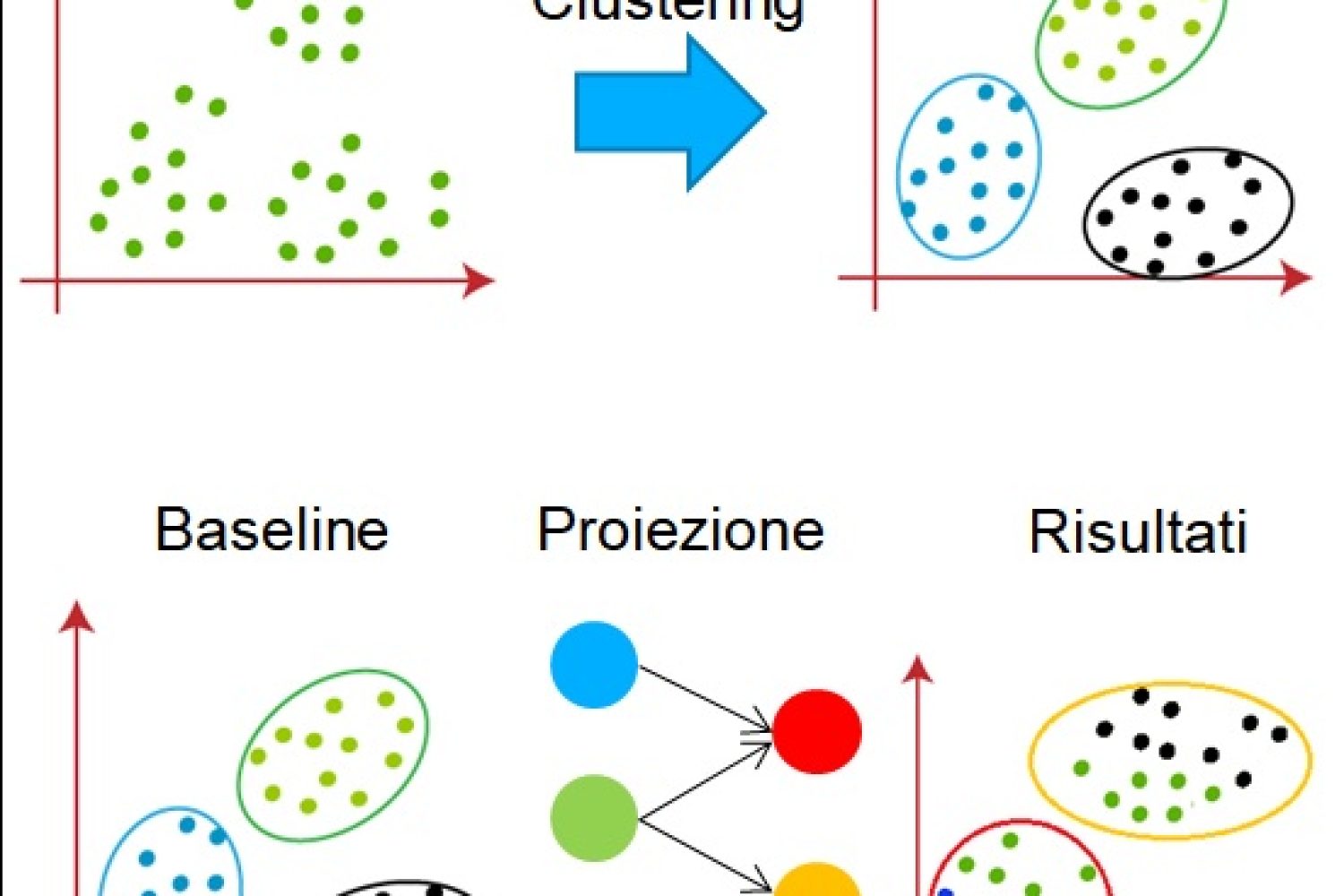pillars
Data collection
Clustering
Predictive logic
Pedal-assist e-bikes are becoming increasingly popular worldwide due to their positive environmental impact and energy efficiency. However, one of the main obstacles in e-bike development is the battery. Range, lifespan, and battery efficiency remain significant challenges to address. In this context, artificial intelligence (AI), data mining, and machine learning emerge as key technologies to enhance both the batteries and their consumption.
Monitoring and Predictive Maintenance
AI can play a crucial role in monitoring and maintaining e-bike batteries and other vehicle components. Integrated sensors can gather a wealth of data on battery status, such as temperature, voltage, and current. Data mining can be used to analyze this data and identify patterns that could indicate impending issues. Machine learning can be trained to predict when a bike component, such as the chain, might require maintenance, allowing users to take preventative actions and extend the vehicle’s lifespan.
Power Optimization
Another area where AI can significantly contribute is the optimization of e-bike power usage. By using machine learning algorithms, intelligent systems can automatically adjust the power output from the battery based on riding conditions and user preferences. For example, during uphill rides, the e-bike could provide more power, while it could conserve energy during downhill descents. This type of optimization can extend the battery’s range and enhance the user’s experience
Energy Consumption Prediction
AI can also be used to predict e-bike energy consumption based on various factors. By using data mining to analyze historical data on riding conditions, terrain, and user habits, advanced predictive models can be developed. These models can help users better plan their rides, avoiding running out of power in remote or unsafe locations.
Battery Lifespan Improvement
Battery degradation over time is a common concern for e-bike owners. AI can be used to mitigate this issue. By continuously monitoring usage conditions and applying machine learning algorithms, battery charge and discharge can be optimized to minimize degradation. This can result in a longer lifespan for batteries, reducing the overall ownership cost of e-bikes.
User Experience Personalization
Finally, AI can contribute to personalizing the e-bike user experience. By analyzing user behavior data, e-bike settings can be adapted to meet individual preferences. For example, if a user has an aggressive riding style, the e-bike could respond differently compared to a more relaxed rider. This level of personalization can significantly enhance the attractiveness of e-bikes for a wide range of users.
Artificial intelligence, data mining, and machine learning have the potential to revolutionize the e-bike sector. These technologies enable the monitoring and optimization of batteries, energy consumption prediction, battery lifespan improvement, and the development of new technologies. With the intelligent use of these technologies, e-bikes can become increasingly efficient, sustainable, and customizable, making them an even more appealing choice for urban transportation and recreation.


